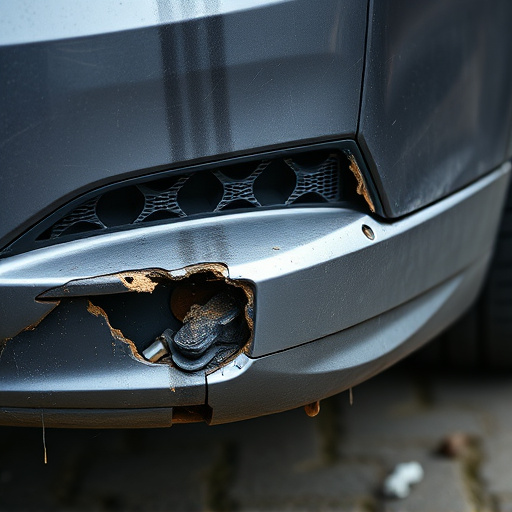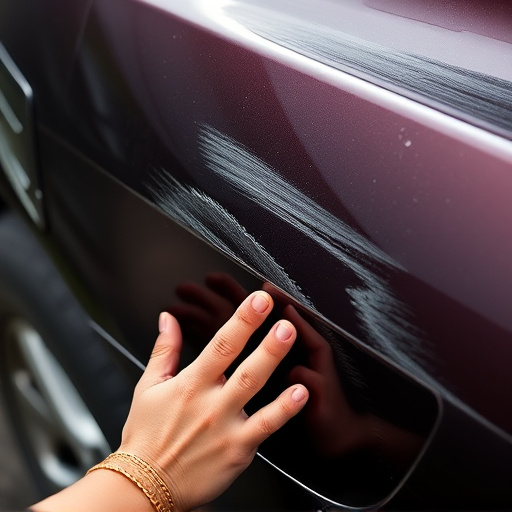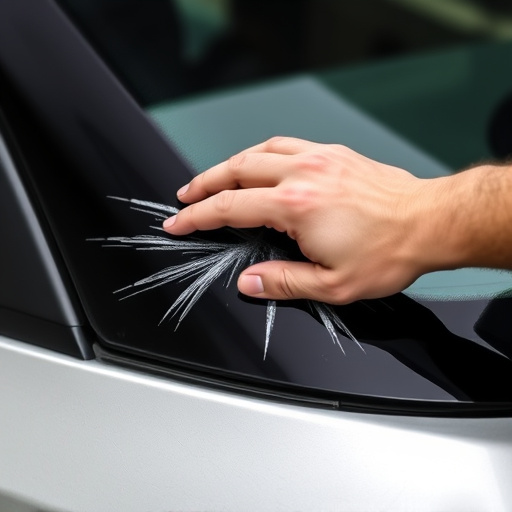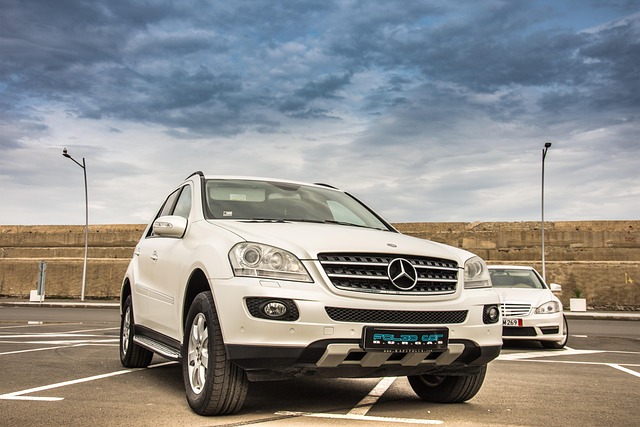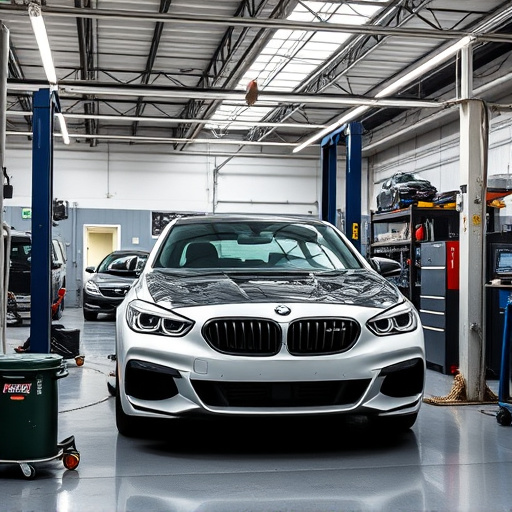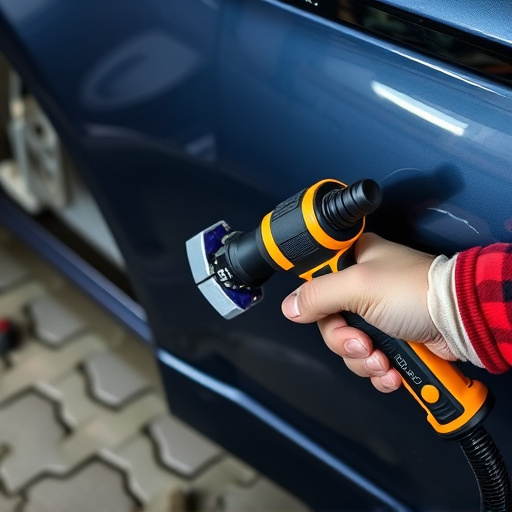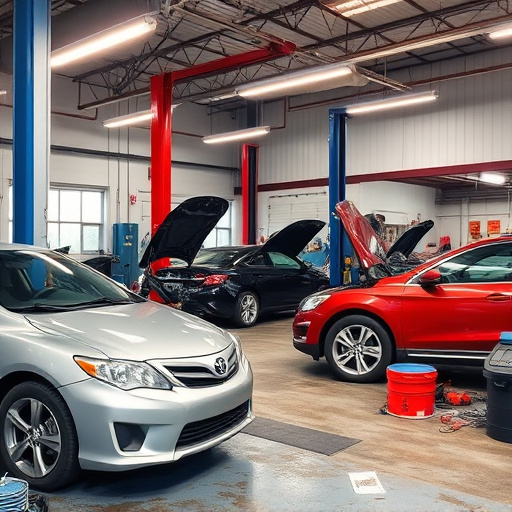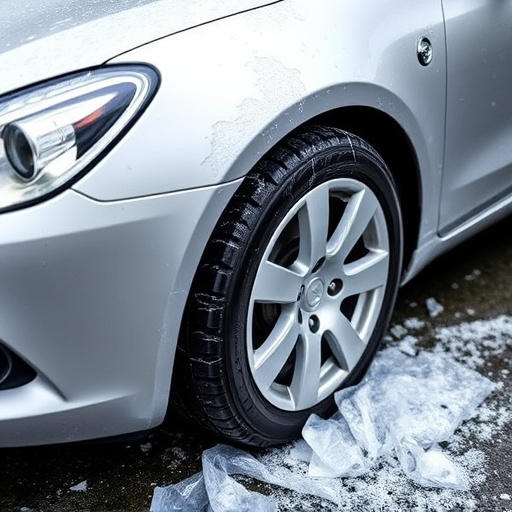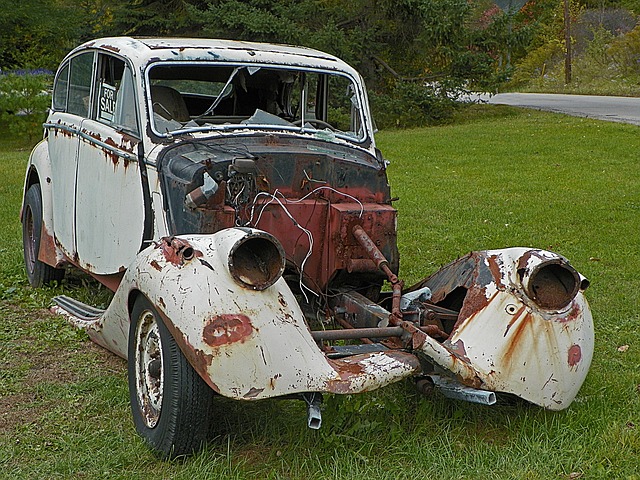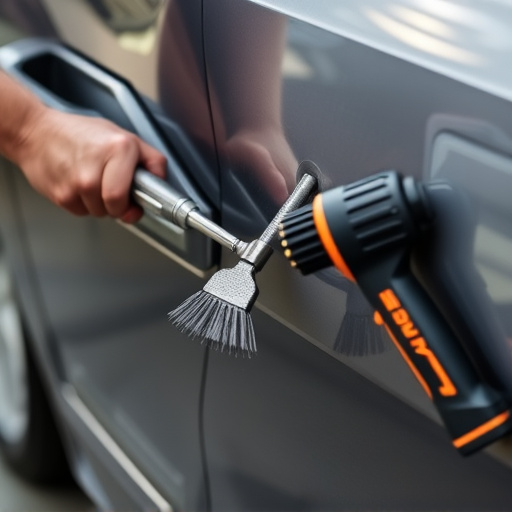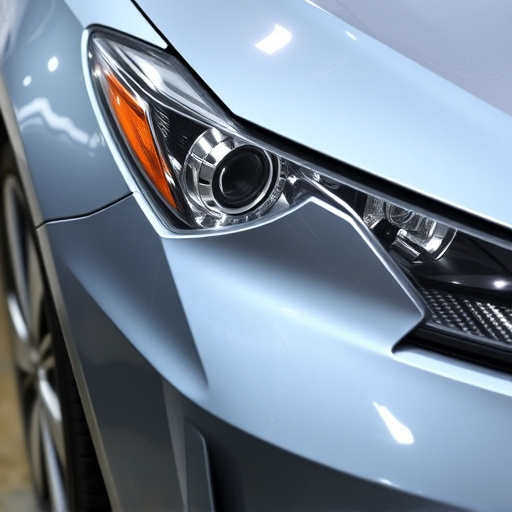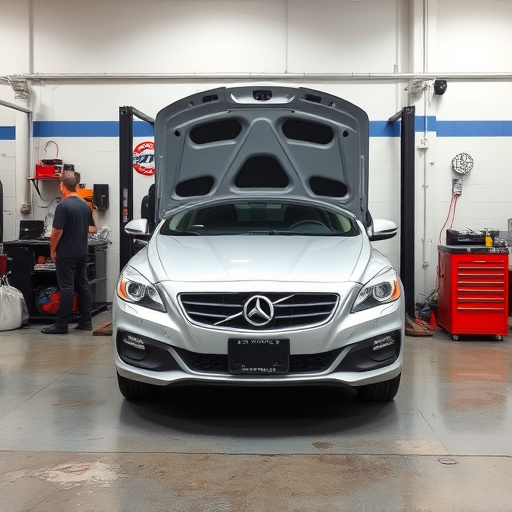Collision repair insurance is a critical coverage for drivers, covering expenses related to fixing vehicle damage from collisions, from minor dents to severe accidents. It assists policyholders in the claims process, ensuring quality repairs and seamless settlements. For minor damages, DIY repairs or tire services may be adequate, but significant structural issues require professional car body shop repair. Understanding damage extent and insurance terms enables informed decisions. Collision repair insurance acts as a safety net, covering major vehicle repairs, parts replacement, and offering total loss payout options for beyond-repair vehicles, easing financial burdens during challenging times.
Are you wondering when to tap into your collision repair insurance? This guide is designed to help drivers navigate their coverage options effectively. We’ll break down the intricacies of collision repair insurance, focusing on scenarios where it shines—from minor fender benders to major accidents. By understanding when to utilize this valuable protection, you can streamline the repair process and ensure your vehicle returns to its pre-accident condition without unwarranted financial strain.
- Understanding Collision Repair Insurance Coverage
- When to Utilize Your Policy for Minor vs Major Damages
- Common Scenarios Where Collision Insurance is Beneficial
Understanding Collision Repair Insurance Coverage
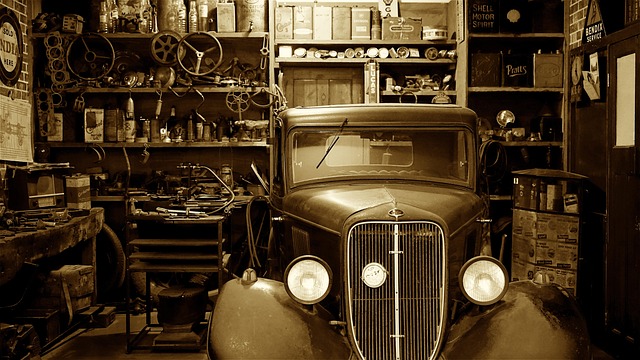
Collision repair insurance is designed to cover the costs associated with fixing damage to your vehicle after a collision, be it a minor fender bender or a more severe accident. Understanding this coverage is crucial when navigating the process of car bodywork services and automotive repairs. This type of insurance policy typically includes compensation for parts replacement, labor fees, and sometimes even rental car expenses while your vehicle is being repaired.
When an accident occurs, the first step is to notify your insurance provider. They will guide you through the claims process, which often involves documenting the damage, providing a detailed estimate for repairs, and selecting a trusted automotive repair shop that accepts your collision repair insurance. It’s important to remember that not all vehicle repair shops are created equal, so choosing a reputable one ensures quality work and smooth claims settlement.
When to Utilize Your Policy for Minor vs Major Damages

When it comes to collision repair insurance, knowing when to utilize your policy is key. For minor damages, such as a dented fender or scraped door, it might be best to opt for a quick fix or do-it-yourself repair if possible. This could include using a tire service for small punctures or dings, or attempting simple car body repairs yourself. These minor inconveniences often don’t significantly impact the vehicle’s safety or resale value, so spending money on collision insurance for these cases might not be necessary.
However, major damage calls for a different approach. Crashes resulting in significant structural damage, such as a cracked windshield, collapsed roof, or misaligned frames, require professional attention from a car body shop. These repairs are often complex and can affect the vehicle’s overall performance and safety. In such instances, leveraging your collision repair insurance coverage is crucial to ensure proper and safe restoration of your vehicle. Remember, understanding the extent of damage and your insurance policy’s terms will help you make informed decisions regarding your vehicle’s maintenance.
Common Scenarios Where Collision Insurance is Beneficial
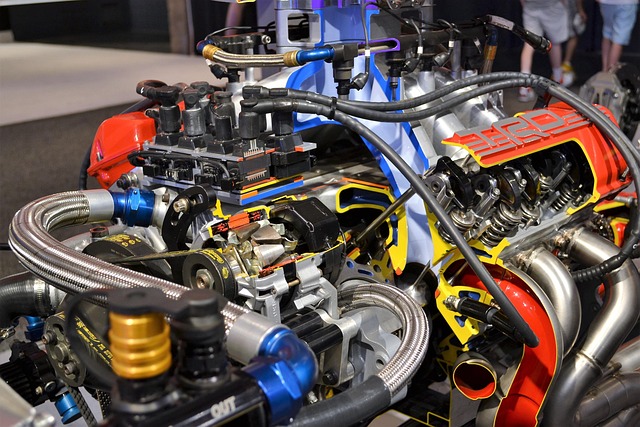
In many cases, collision repair insurance is a valuable safety net that can help cover unexpected costs associated with car accidents. Here are some common scenarios where this type of insurance proves beneficial:
1. Accidents Causing Major Damage: If your vehicle sustains significant damage in a collision, such as crumpled fenders, bent frames, or shattered windows, collision repair insurance can cover the expenses of fixing these issues. This includes parts replacement and professional auto body work to restore your car’s structural integrity and aesthetics.
2. Total Loss Claims: When a vehicle is deemed beyond repair after an accident, collision insurance helps owners navigate the process of total loss claims. It provides financial assistance for replacing the vehicle with a similar model or settling for a cash payout, ensuring owners don’t bear the full burden of purchasing a new car following a mishap. Additionally, it can cover necessary transportation costs during the replacement period, offering peace of mind and support during challenging times.
Collision repair insurance is a valuable asset when navigating unexpected vehicle damages. By understanding your coverage and knowing when to utilize it, you can efficiently manage repairs, whether dealing with minor dents or significant collisions. Remember, for minor incidents, your collision policy can help with repairs, ensuring your vehicle looks as good as new. In more severe cases, it provides the necessary funds to restore safety and functionality. With these insights, you’re now equipped to make informed decisions and take advantage of your collision repair insurance benefits when needed.
